We’ve all heard stories about celebrities losing tons of weight on liquid diets like the Master Cleanse. Svelte Gwyneth Paltrow admitted to trying the cleanse, and slim actor Jared Leto lost 60 pounds on the diet to shed excess weight quickly for an upcoming movie role.
And you can’t miss all the commercials on TV advertising for weight loss shakes and promising to help you shed inches using their all liquid meal replacers.
I understand it; we all have busy schedules and it can be easy to turn to portion controlled liquid calories instead of taking the time to think about and make nutritiously balanced meals, which can be a lot of work sometimes.
Even though we inherently know these crash diets are bad, I can even understand why some people get hooked on them. You set a goal to reach, like using a liquid diet for 10 days, and because you actually lost some weight you feel a sense of satisfaction when it’s over.
However, my issue with these liquid diets is that there’s not a lot of scientific research testing the safety of using regimes like this for healthy living.
If you put aside all the hype and take a minute to understand what those few lost pounds cost your overall, long term health, the potentially disastrous effects of a liquid diet may deter you from ever wanting to do one again.
- What’s A Liquid Diet?
- Do Liquid Diets Actually Work?
- Lack Of Proteins & Carbs = Serious Consequences
- Be Prepared To Gain All That Weight Back
- Liquid Calories Are NOT The Same
- You Will Not Flush Out Toxins...Period
- You’re Going To Frustrate Your Friends
- Who Should Definitely Avoid Liquid Diets
- Moral Of The Story
Table of Contents
+What’s A Liquid Diet?
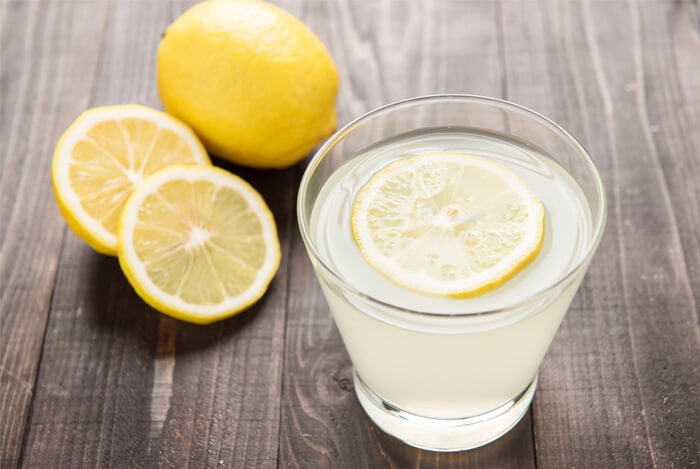 Liquid diets are plans that involve consuming all of your daily calories in the form of a liquid drink or shake. Users are supposed to stick to the liquid diet for anywhere between three days to three weeks.
Liquid diets are plans that involve consuming all of your daily calories in the form of a liquid drink or shake. Users are supposed to stick to the liquid diet for anywhere between three days to three weeks.
Some liquid diets like SlimFast, are touted as ‘meal replacements’ and instruct users to drink two shakes a day and eat a healthy, ‘sensible’ meal for dinner.
But others, like the Master Cleanse for example, are completely devoid of any types of whey protein powder to make up meal replacement shakes. Instead, the Master Cleanse makes users drink around six to 12 glasses of fresh lemon juice, cayenne, and maple syrup mixed into water for about 10 days. That’s it.
According to the diet’s official website, the Master Cleanse is a “liquid diet that provides a healthy amount of calories and nutrients specifically suited for weight loss and cleansing, all while resting the digestive system and allowing the body to heal naturally”.
So now that we know what liquid diets are, what can we expect from them?
Do Liquid Diets Actually Work?
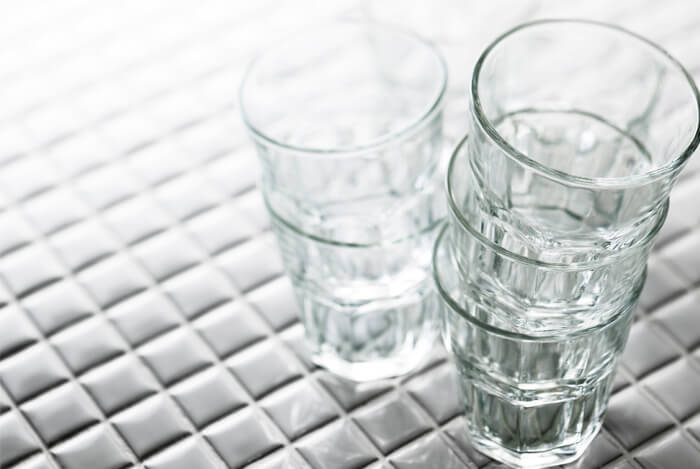 As you can see, you’re physically eating zero food when you go on a liquid diet like the Master Cleanse.
As you can see, you’re physically eating zero food when you go on a liquid diet like the Master Cleanse.
Sure, if you start starving yourself and depriving your body of actual food, it’s no wonder your body starts to go into a calorie deficit and you start seeing pounds drop from the scale.
If you follow the guidelines of these diets, you’ll eat about 600-700 calories a day. If you have a small dinner of regular food, which some of them recommend, you’ll still only eat about 1,000 calories a day.
Consuming just 1,000 calories a day is not enough for most people to stick to for months, and even if they did, it could cause serious malnutrition.
So the simple answer is, yes you will lose weight, but there’s more to it than that.
Without adequate amounts of proteins, carbohydrates, amino acids, and essential nutrients, you’re taking away everything your body needs in order to function properly.
Lack Of Proteins & Carbs = Serious Consequences
 Proteins, carbohydrates, and fats are all considered to be macronutrients, which means that our bodies need large quantities of them in order to perform basic cell function such as transporting nutrients throughout our bodies to more complex orders like converting our food to usable energy.
Proteins, carbohydrates, and fats are all considered to be macronutrients, which means that our bodies need large quantities of them in order to perform basic cell function such as transporting nutrients throughout our bodies to more complex orders like converting our food to usable energy.
To say that we absolutely need protein in our diets is an understatement.
The Master Cleanse offers absolutely no protein, but meal replacement shakes will give you anywhere from 10-20 g of protein per shake, depending on which formula you choose. Keep in mind though that half a fillet of heart healthy salmon offers up 39 g of protein, plus essential omega fatty acids.
But what about carbs?
Well, without carbohydrates, our bodies lack energy for our organs to function at their best, including our brains. So we’ll feel tired and out-of-it until we consume some kind of carbohydrates like wholesome whole grains to boost us back up again.
When you become malnourished, as in you’re not eating all the nutrients your body needs you can even develop dangerous heart arrhythmias.
So what happens if we stop eating all of these essential macronutrients at the same time?
For one, our immune system suffers when we’re not getting enough nutrients so we become more prone to illnesses such as colds, viruses, and infections.
Ok, you may say, so there are potential dangers. But at least I’m losing lots of weight…
Be Prepared To Gain All That Weight Back
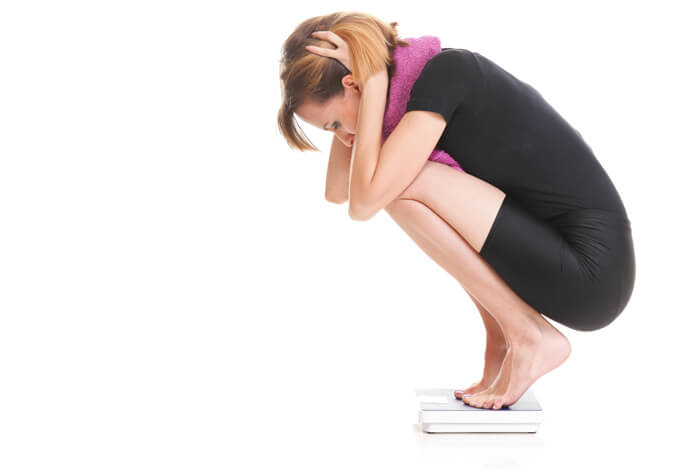 Liquid diets are notoriously low calorie, hence their appeal to dieters struggling to increase their caloric deficits and lose weight by extreme dieting alone.
Liquid diets are notoriously low calorie, hence their appeal to dieters struggling to increase their caloric deficits and lose weight by extreme dieting alone.
But this rapid calorie cutting can cause other problems.
First, you’ll lose a significant amount of muscle. Second, you’re at a much higher risk of regaining weight thanks to cravings after the diet is over.
Since proteins are responsible for building up our muscles after workouts, guess what happens when we stop eating protein.
Liquid Calories Are NOT The Same
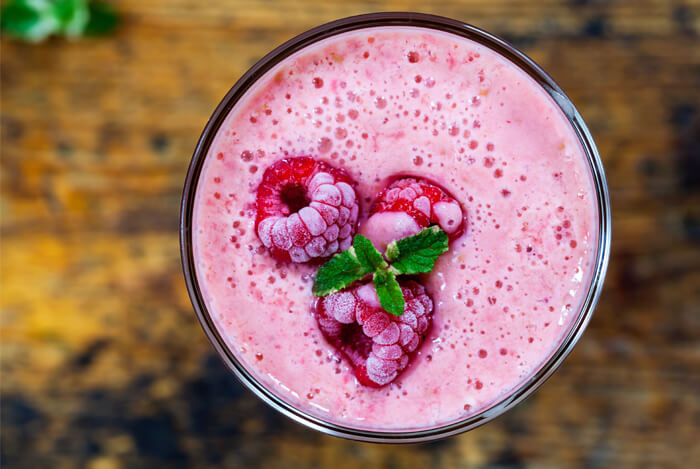 When you smell something delicious and see an appetizing plate of food, the digestion process is already starting. You start to feel hungry, your hormones signal the need to eat, you chew and swallow, and then your body signals that you’re full.
When you smell something delicious and see an appetizing plate of food, the digestion process is already starting. You start to feel hungry, your hormones signal the need to eat, you chew and swallow, and then your body signals that you’re full.
However, you don’t get any of this on a liquid diet.
A big part of this problem is that liquid diets severely lack fiber.
Fiber is partly responsible for our feeling of being satisfied; if we’re low on fiber, we start feeling those hunger pains telling us that we need to eat more. If we eat foods that are high in fiber, it takes longer for those to digest in our body and we won’t get signals to eat more.
The Master Cleanse makes you take a laxative supplement or drink a laxative-type tea before you go to sleep. You’ll then take another laxative in the morning.
Since your fiber is limited on liquid diets, a laxative regime is often times implemented to counteract constipation.
But using large amounts of laxatives will start depleting electrolytes, wreak havoc on your bowel, and cause major dehydration— all check marks in the cons column.
What about claims that liquid diets will ‘cleanse’ our systems and make us super healthy?
You Will Not Flush Out Toxins…Period
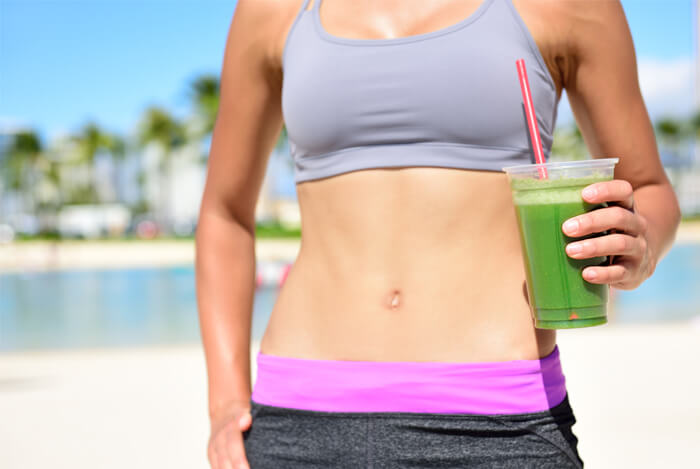
Liquid diets try to appeal to those looking to lose weight, but they also prey on healthy individuals who want to ‘cleanse’ their bodies. By touting that you can remove unhealthy toxins by drinking a ‘cleansing’ drink, many unsuspecting people get roped into crash diets and fake detox kits.
And detox diets are just another scam.
Our kidneys, livers, and lungs do a pretty good job at excreting and eliminating all the toxins our body can’t handle. And our digestive system does not need a break, thank you very much, because that’s what they’re designed to do – digest food. It doesn’t need to go on holiday.
You’re Going To Frustrate Your Friends
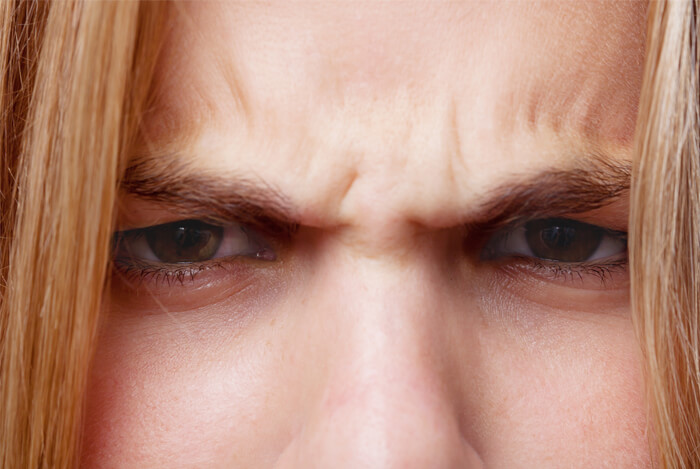 When Oprah Winfrey asked Beyonce how she felt on the Master Cleanse, Beyonce replied, “I was cranky”.
When Oprah Winfrey asked Beyonce how she felt on the Master Cleanse, Beyonce replied, “I was cranky”.
Even though Beyonce supposedly lost 20 pounds in two weeks, the side effects of cutting proteins and carbs from her diet were easily summed up in one perfect word – cranky. Thankfully, Beyonce also “publicly announced that she does not use the diet anymore, and instead eats healthy and exercises regularly to set a good example for her child”.
Besides the hunger pangs that come from not eating enough, other side effects of a poor diet include fatigue, dizziness, moodiness, and sluggish thinking.
You may want to tell your friends if you’re planning on going on a liquid diet so they can pencil in some extra sensitivity around you.
Who Should Definitely Avoid Liquid Diets
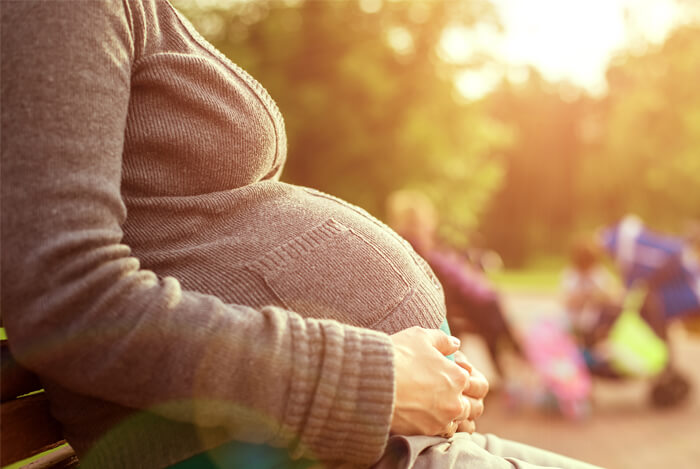 While I think all of us should steer clear of liquid diets, there are specific groups of people who should downright avoid them.
While I think all of us should steer clear of liquid diets, there are specific groups of people who should downright avoid them.
This includes diabetics, people taking blood thinners, those with suppressed immune systems as a result of chronic illnesses, and pregnant women. If you happen to fall in any of these categories, you must speak with your doctor first before trying any sort of liquid diet.
Moral Of The Story
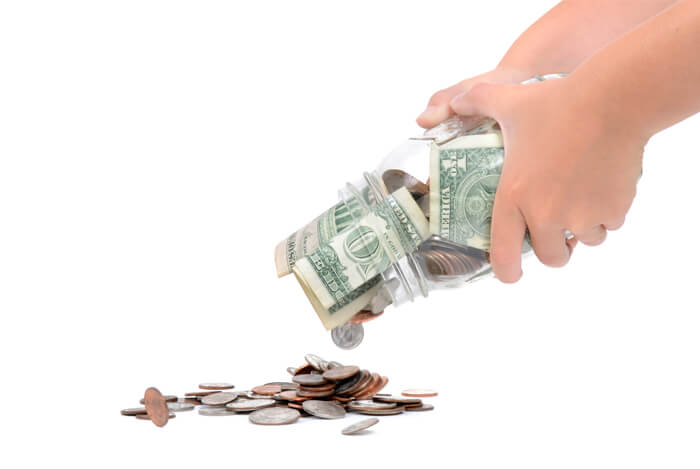 I feel the same way about liquid diets that I do about detox diets: they’re nothing but a scam. However, they both deceive the public in different ways; detox diets are a marketing ploy to get you to shell out for kits that your body doesn’t need, but liquid diets are a way of fooling you into losing weight that you believe you’ll keep off.
I feel the same way about liquid diets that I do about detox diets: they’re nothing but a scam. However, they both deceive the public in different ways; detox diets are a marketing ploy to get you to shell out for kits that your body doesn’t need, but liquid diets are a way of fooling you into losing weight that you believe you’ll keep off.
The truth is, the only way to safely lose and keep weight off is by following a smart meal plan that you can sustain.










